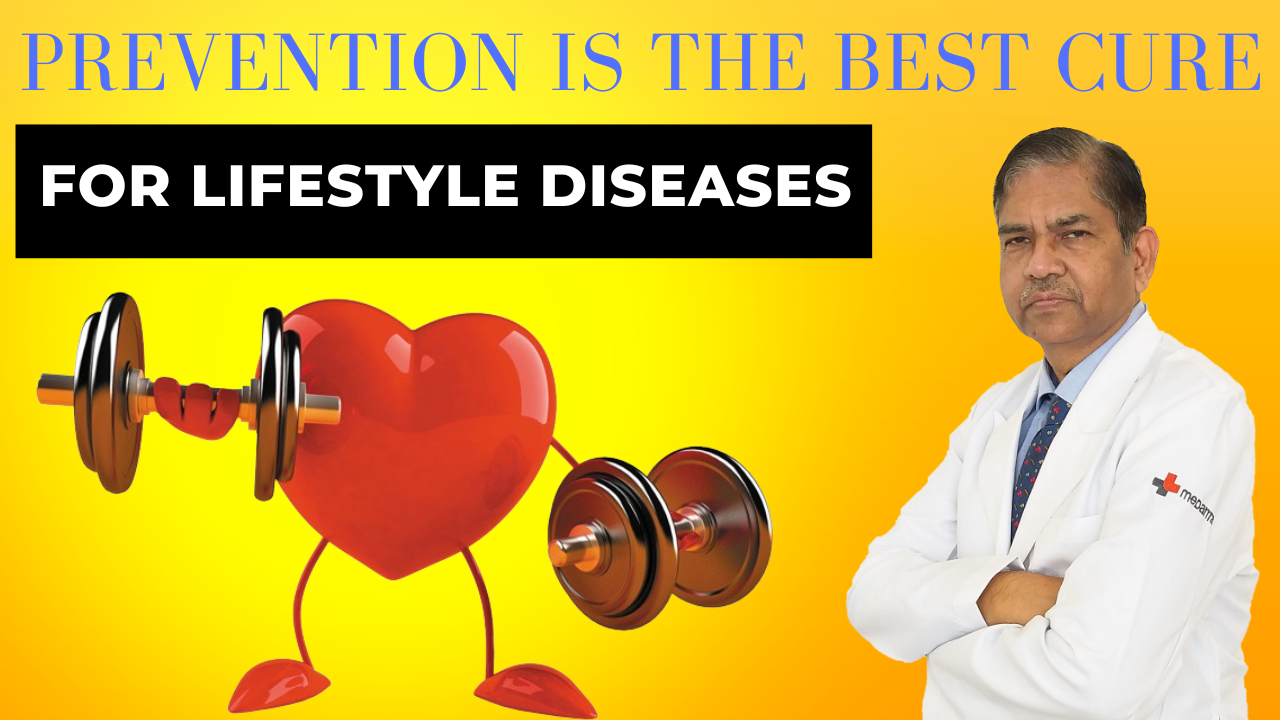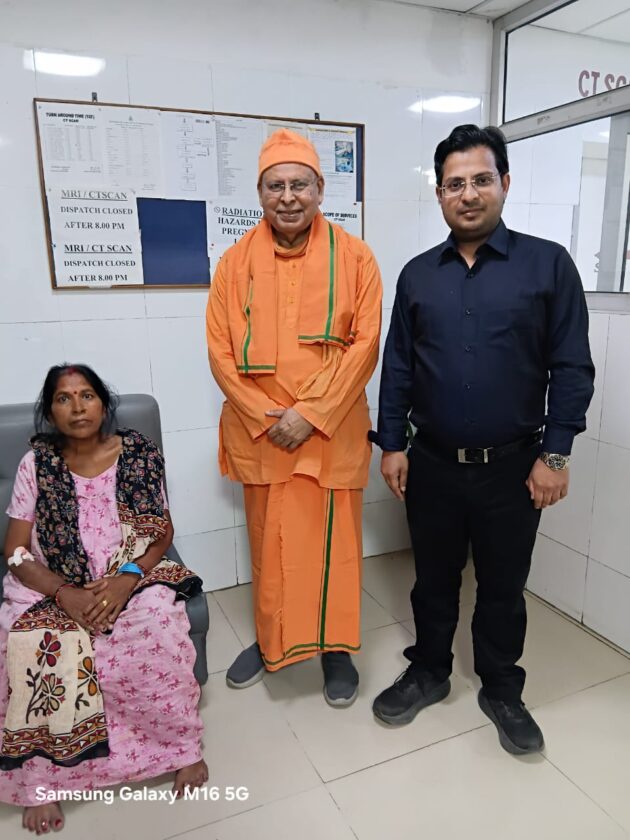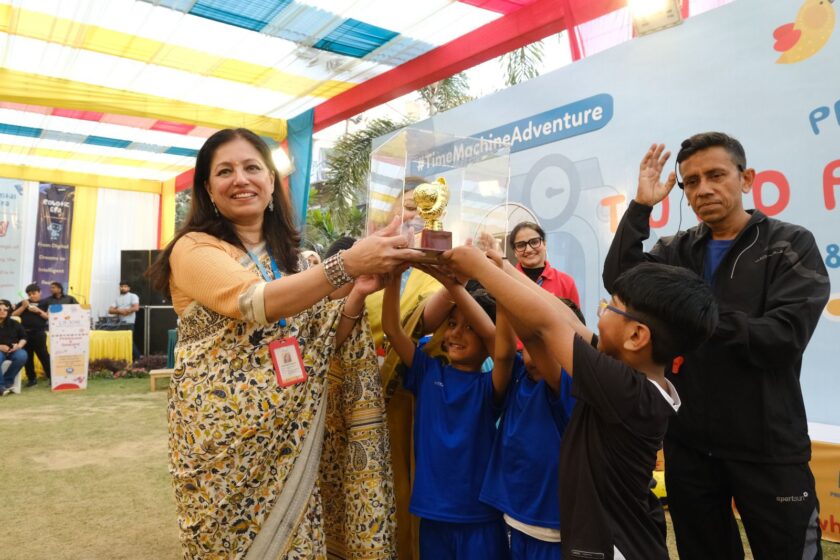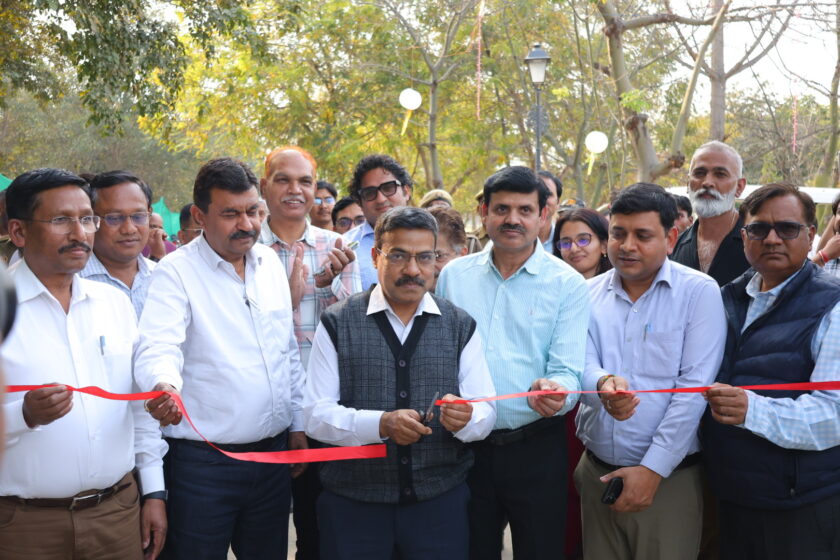Lucknow: Releasing its 17 specific dietary guidelines earlier this year, in its estimates – ICMR (Indian Council of Medical Research) clearly spelt out that 56.4 per cent of total disease burden is due to unhealthy diets and physical inactivity. In its voluminous study – the National Institute of Nutrition (NIN) under the apex health research body said that healthy diets and physical activity can reduce a substantial proportion of coronary heart disease (CHD) and hypertension (HTN) and prevent up to 80 per cent of type 2 diabetes.
Research shows that in last decade, there has been an increase in the prevalence of non-communicable diseases. Reportedly more than 33 per cent of Indians suffer from prehypertension, a recent ICMR study has further highlighted, raising concerns on the impact of the condition as it often progresses to full-blown hypertension.
The ICMR study also found that the prevalence of raised blood pressure in India was at 15.9 per cent, exhibiting considerable variation across districts.
Non communicable diseases (NCDs) are the leading cause of mortality worldwide. It is estimated that 64.9 per cent of all deaths in India are attributed to non-communicable diseases. Among them, cardiovascular diseases (CVDs) alone contributed to 27.4 per cent of total mortality. If current trends continue, a Lancet study projected that by 2030, 60% of adults in India may be physically unfit.
NCDs include health issues like blood pressure, diabetes, abdominal anomalies, liver disease and joint disease. Dr. Nakul Sinha, Director, Interventional Cardiology, Medanta speaking exclusively to The Lucknow Tribune said – bad cholesterol, diabetes, physical inactivity, smoking, poor fitness, obesity, Basal Metabolic Index indicators, and excess alcohol are major risk factors. Even certain types of cancers are more common with the above unhealthy lifestyle.
He pointed out the overall history of the patient needs to be factored in. He said it is common saying that Prevention is better than cure, but in case of lifestyle diseases, Prevention is the only cure, because lifestyle diseases cannot be cured, they can only be controlled.
He said recent studies show that diet regulation and exercise can help reverse diabetes. But not without sustained efforts which can eventually lead to big changes. Health camps should also serve as collecting health data for the local population.
He urged medical practitioners to avoid a superficial approach and spend time to educate the patients regarding benefits of a healthy lifestyle. Apart from his medical profession, he is also trying to bring change through an NGO, Helping Hearts Foundation, which he runs with his wife Jyoti Sinha. Helping Hearts Foundation organises health awareness interactive programs all round the year. He stressed that Being healthy is not the absence of disease but a balanced amalgamation of physical, spiritual, emotional and mental health.
According to Dr. Nakul Sinha good cardiac care is of immense value for money in India. More than 70% of the mortality in Hypertension, Diabetes and Kidney disease can be attributed to vascular causes, mainly comprising the heart and Brain. He said that death rates due to diabetes and hypertension, If they can be reduced by 5% then the complication automatic gets reduced. If the average BP goes down by even 2mm Hg, the benefits can be huge, he adds. He said aspects like weight, diabetes, smoking, cholesterol and high blood pressure overall have an isolated and also a combined large impact. He said if smoking is cut short, weight loss is managed and the treatment is done on time then many complications can be prevented and controlled.

The principal of multiplicative risk comes in play where small increments in many risk factors are much more deleterious than a large increment in a single risk factor. He added that most of the national programs need fine tuning and correct assessment of population metrics at different stages. He says diet control, adequate sleep, weight management, regular physical activity and also stress management can actually work wonders for a patient in the long run.
He said when BP is not controllable, heart muscles can thicken and swell up, which can affect the contractile efficiency leading to heart failure. The heart valves can also start leaking. He said that very high BP can also lead to brain strokes mostly due to blood clots, but also due to brain haemorrhage.
He underscores if one does not take the symptoms seriously or acts late and resorts to inappropriate medication then there are likely to be serious consequences. If the diagnosis is done on time and the patient gets the appropriate procedure done in time, a person can lead a good life.
Referring to effort intolerance, he said – if you are gasping for breath, feeling heavy in the chest, feeling drowsy, nausea, exhaustion or any kind of discomfort then the person must approach a doctor.
Dr. Nakul Sinha said that in 5 days if 30 minute of brisk walking is done, that can actually bring down a lot of health risk in a human being.
Talking of Technology, Dr. Nakul Sinha says that today any good medical facility has to be friends with technology. He said that everything is now happening on the click of a button, right from data management to swift monitoring of health parameters.
Talking of the role of a doctor in terms of efficient delivery, Dr Sinha in most unequivocal terms said – a doctor has to listen to the patient, understand the concerns, analyse, suggest a solution, communicate effectively and very specifically explain to the patient. He said a doctor’s judgement has to be based on his medical knowledge and only supplemented by what he gathers online.
In his message to the patients, Dr. Nakul Sinha said that instead of going by hearsay – it is always advisable that one approaches a medical expert at the right time so that any kind of complication can be avoided and the right medications at the right time in right doses can cut down the risk of most of the major health hazards.









